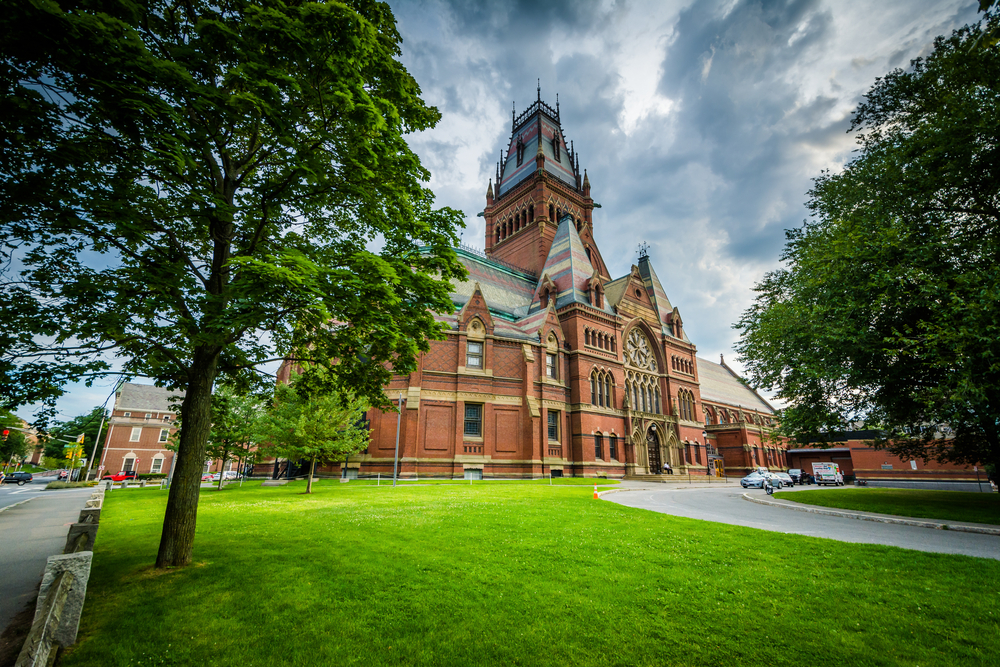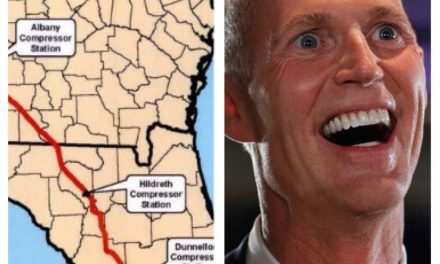The U.S. Department of Education announced last week that it is launching an investigation into Yale and Harvard after they failed to disclose nearly $375 million in gifts and contracts from China and Saudi Arabia in the past four years.
Harvard and Yale are the latest in the Education Department’s ongoing efforts to crack down on foreign influence, particularly from China. The Wall Street Journal reported that U.S. universities have failed to say they brought in $6.5 billion from foreign nations since 1990.
The Education Department indicated that it was concerned that Harvard might not have fully complied with reporting requirements. Section 117 of the Higher Education Act requires reporting foreign contributions of more than $250,000.
RELATED STORY:
The Education Department said Yale had failed to disclose at least $375 million in foreign funding after filing no reports from 2014-17, according to a document seen by the WSJ. The department, in a February 11 letter to the university, sought records regarding contributions from Saudi Arabia, China, and its telecom giants, Peking University’s Yenching Academy, the National University of Singapore, Qatar, and others. It also asked the university to detail foreign funding of Yale Law School’s Paul Tsai China Center and the new Yale Jackson School of Global Affairs.
RELATED STORY:
A significant aspect of the alleged foreign influence on universities is through gifts and grants, which can come with strings attached and might compromise their academic independence. U.S. Secretary of Education Betsy DeVos said in a statement:
“This is about transparency. If colleges and universities are accepting foreign money and gifts, their students, donors, and taxpayers deserve to know how much and from whom. Moreover, it’s what the law requires. Unfortunately, the more we dig, the more we find that too many are underreporting or not reporting at all. We will continue to hold colleges and universities accountable and work with them to ensure their reporting is full, accurate, and transparent, as required by the law.”
In addition to failing to reveal possible financial conflicts to academic freedom, Harvard even sponsored a thirty-year-old Chinese national who tried to steal research. Zaosong Zheng was recently arrested at Boston Logan International Airport, allegedly carrying stolen 21 vials of cancer research material he was attempting to smuggle to China. Prosecutors alleged he tried to take the material to bring to China so he could conduct his own research in his laboratory.
Besides Zaosong’s arrest, Charles Lieber, the chairman of the Department of Chemistry and Chemical Biology at Harvard, was arrested on January 28 on charges he lied about his ties the Chinese government’s Thousand Talents Plan.
RELATED STORY:
Lieber also allegedly admitted that Harvard does not have a way to track substantial contributions, a point reverberated in the Education Department’s statement, which said:
“The Department is also concerned Harvard University may lack appropriate institutional controls over foreign money and has failed to report fully all foreign gifts and contracts as required by law.”
U.S. Attorney Andrew Lelling claimed last month that the Boston region is in itself a hotbed for Chinese government espionage and research theft, saying:
“This is a small sample of China’s ongoing campaign to siphon off American technology and know-how for Chinese gain. Chinese economic espionage and theft is a real and daily occurrence that we must begin to confront.”
“As demonstrated by these cases, on the academic side, the Chinese government uses partnerships and exchanges with U.S. schools and research institutions to access cutting-edge research and equipment. Obviously, most visiting Chinese academics and researchers are here to work in good faith in U.S. institutions. But some of them are not.”
Moving forward, if the schools refuse to disclose the information, the Education Department can refer the matter to the Justice Department, which could pursue civil or criminal actions.












